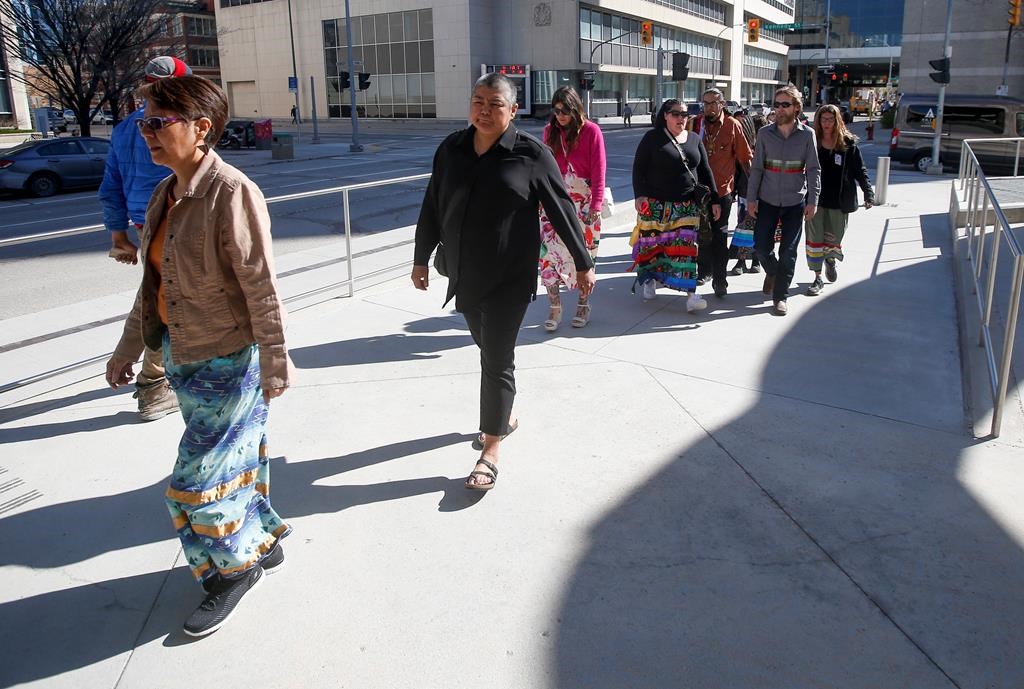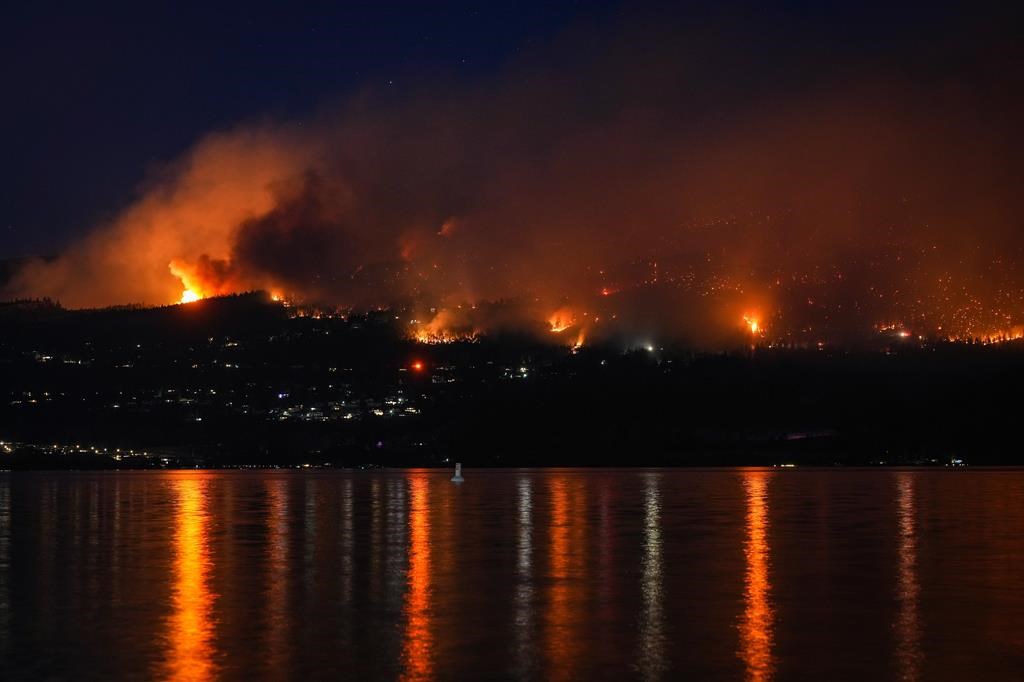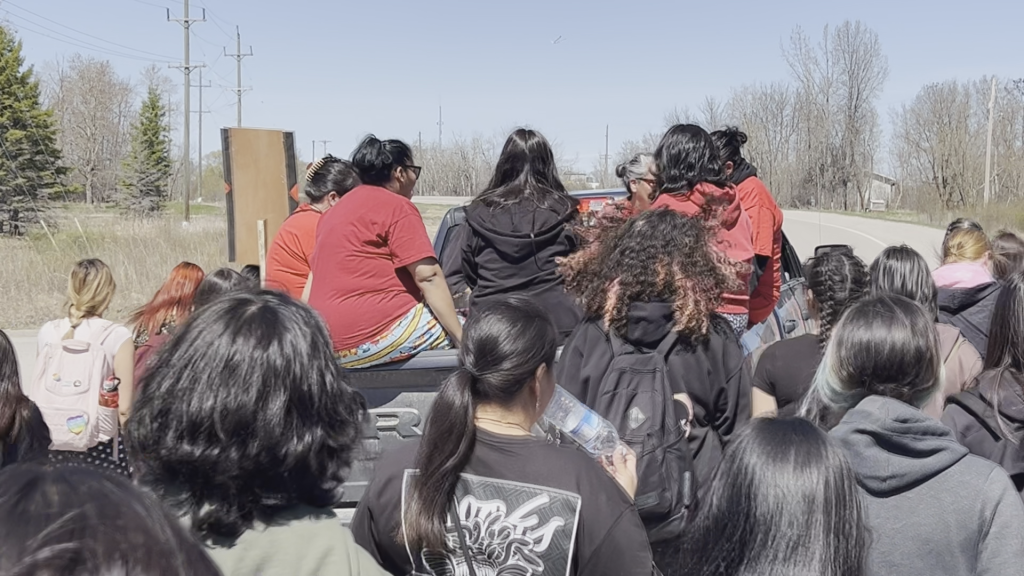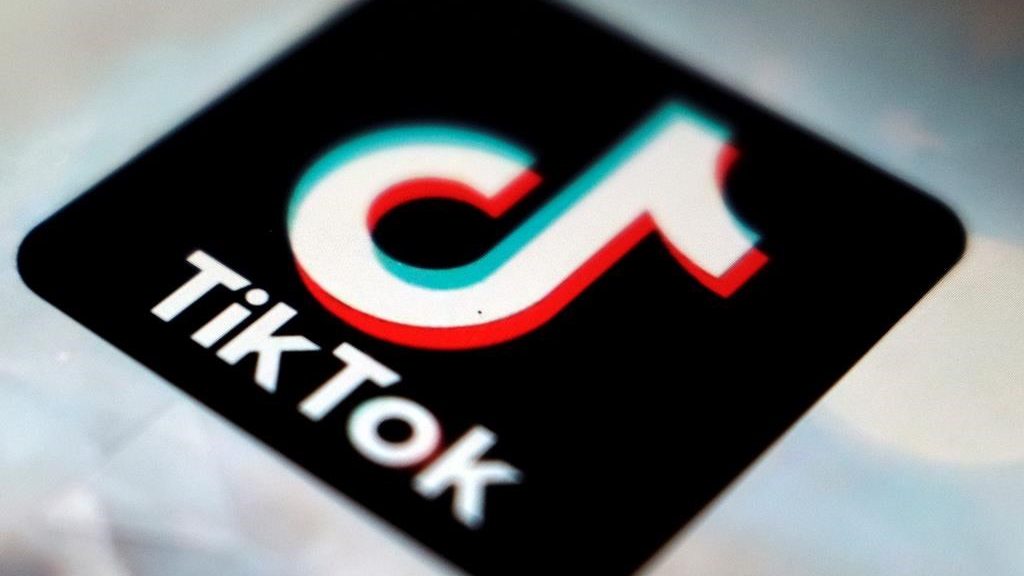Colonialism, residential schools continue to have huge impact on Indigenous queer people
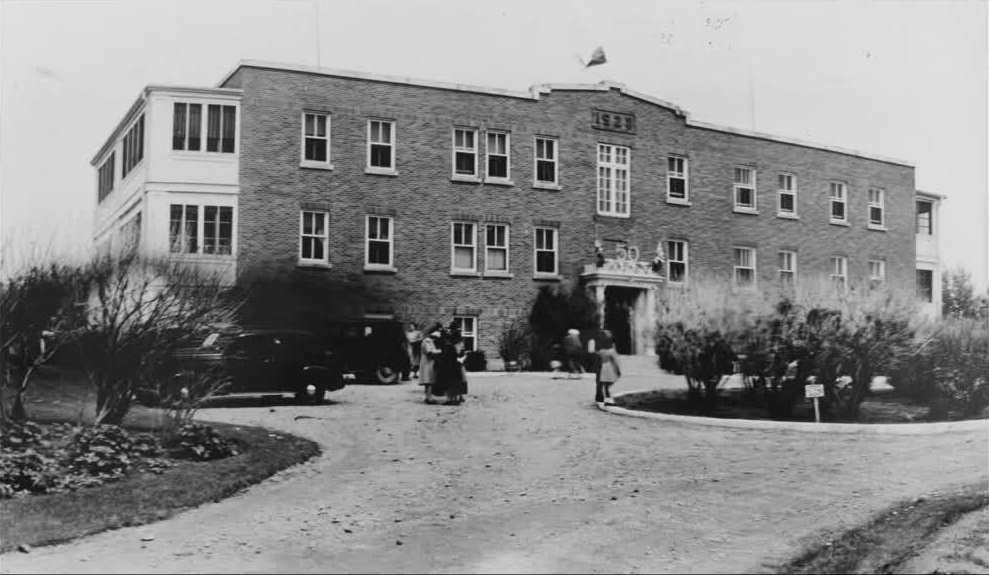
Posted March 22, 2023 1:59 pm.
Last Updated March 22, 2023 4:27 pm.
A new documentary sharing the stories of Indigenous people navigating the intersection of Indigeneity and queerness is also highlighting how colonialism has affected the Indigenous and queer communities for generations and beyond.
Two-spirit people, which many Indigenous communities use to describe someone who has both masculine and feminine spirits, have been around for centuries.
“There’s histories of people who’ve travelled around the globe two-spirit people before Christopher Columbus. There are these beautiful stories that give power, give love and give courage to what is I think a really beautiful and sacred thing,” said Blake Desjarlais, who is an Indigenous Member of Parliament from Edmonton.
Riley Yesno, an Indigenous scholar, writer and public speaker, said there are clues to this found in language and oral histories that “indicates what queer Indigenous people have always known, which is that we’ve always been here.”
“Gender and sexuality were like the first things that are among the first thing that were attacked during colonization,” said Yesno.
Desjarlais explained that colonization were what “brought the closet here.”
“They showed people how to hide themselves. They showed and forced people to do those things as a cost often of sometimes their lives, but especially their dignity,” said Desjarlais.
“Things like ‘putting two spirited people to the dogs’ was common. So, from the very beginning two-spiritedness was eliminated. It was pushed underground. Right away, we learned very quickly that we couldn’t be who we were,” added Indigenous multidisciplinary artist, Adrian Stimson.
Residential schools were an extension of the colonization project which led to further isolation and discrimination against 2SLGBTQ+ people and imposed the gender expectations of colonial society.
“I have heard many elders tell me their stories of being in residential schools, a lot of survivors, and a lot of the narratives that you will hear repeated are things like, ‘Oh, they separated me from my brothers and sisters. They cut my hair. They forced me to wear these things’,” said Yesno. “Part of the trauma, and it’s so jarring, is because that is the colonizer imposing gender expectations, gender norms on people and the reason why that was so traumatic is because that was not the norm prior to those moments.”
Stimson said the impact of residential schools is huge. “To this day, it’s still playing out there are many individuals who are homophobic and that is a direct result of the colonial project and residential schools.”
The legacy of the impact of residential schools on two-spirit queer Indigenous people has continued to this day, but many are working to reconnect with the Indigenous history.
“Colonization, very explicitly, very forcibly attacked gender as part of the project. And I think that it’s why conversations about queerness are inextricable from conversations about Indigeneity and colonization in this place,” said Yesno.
“Without the oppressive structures that existed, there’s actually a far different relationship that the LGBTQ people, two-spirit people within Indigenous cultures [would have],” said Desjarlais.
“Being two-spirit is being sacred. And it’s understanding that you’re a servant of servants. You’re really trying to help others who are trying to help themselves in some ways.”
Charlotte Nolan, a 71-year-old transwoman and 60s scoop survivor understands the impacts of colonization all too well.
Growing up in the 1950s, Nolan knew coming out as a trans woman at the time would be basically impossible.
“Society was quite racist at that time, quite homophobic and quite transphobic. You knew that if you came out, you’d be hurt. People believed that we did not belong, and we should not be around,” said Nolan. “There was a lot of violence attached to who we are … The world wasn’t ready for us back then. And I’m glad that we’ve moved forward. We haven’t reached that potential of who we are, but we have made such huge steps forward.”
You can hear more of Nolan’s story in “VeraCity: Indigiqueer,” airing Sunday, March 26 at 10 p.m. ET/9 p.m. CT on Citytv.
